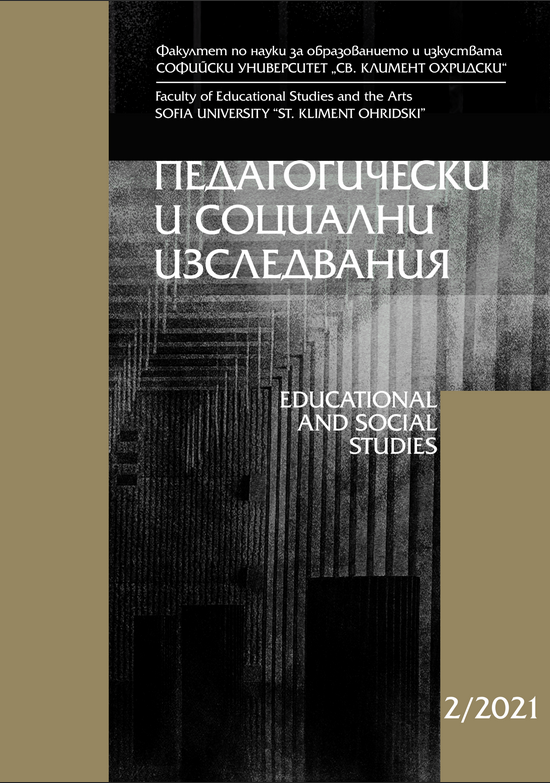Culture, communication and intercultural misunderstandings: experience-oriented trainings
Keywords:
intercultural competence, teacher, affective aspects, teamwork, studentsAbstract
The affective aspects of intercultural competence are expressed in intercultural sensitivity through active self-motivation for understanding, appreciating and acceptance of differences between the cultures. The article presents experience-oriented trainings as a content of the discipline Intercultural education, regarding these affective aspects of teacher’s intercultural competence. The trainings are related to the concepts of culture, communication and intercultural misunderstandings in modern multicultural society. Their goals include expressing one’s one point of view, experience and perception, discussion and self-reflection. The emphasis is on the reflection in teamwork and taking into account each individual idea. The experience oriented trainings are followed by tasks related to cognitive and behavioural aspects of intercultural competence.
References:
Chen, G.M., Starosta, W. (1998-1999). A review of the concept of intercultural awareness. In: Human Communication, vol. 2, pp. 27-54.
Hofstede Insights: https://www.hofstede-insights.com/country-comparison/.
Huber-Kriegler, M., Lázár, I. & Strange, J. (2003). Mirrors and Windows: An Intercultural Communication Textbook. European Centre for Modern Languages, Council of Europe: Graz, ISBN 92-871-5193-8.
Intercultural communication resource pack, SALTO Cultural Diversity Resource Centre, UK National Agency, London.
Kinast, E.-U., Schroll-Machl, S. (2010). Handbook of Intercultural Communication and Cooperation. Vandenhoeck & Ruprecht GmbH & Co. KG, Göttingen / Vandenhoeck & Ruprecht LLC, Oakville, CT, U.S.A. ISBN 978-3-666-40327-9.
Schwartz, S. (2003). A Proposal for Measuring Value Orientations across Nations. The Hebrew University of Jerusalem, Available at: https://www.researchgate.net/publication/312444842
Ting-Toomey, S. (1999) Communicating across Cultures. New York: The Guilford Press Wiio, O. A. (1978). Wiio's laws - and some others. Finland: Welin-Goos.





